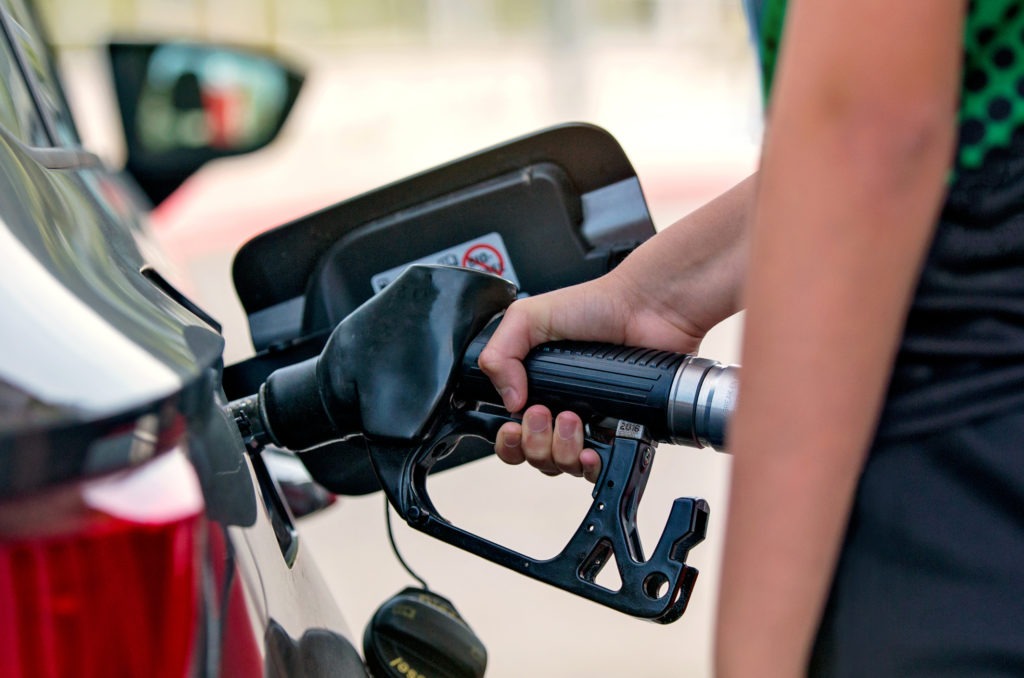Denmark looks to ban petrol and diesel car sales by 2030
08 October 2018

8 October 2018
Denmark has become the latest country to propose a ban on the sale of new petrol and diesel vehicles, while also proposing banning the sale of hybrids following a grace period.
The country wants to implement the new rules on internal combustion engines (ICE) from 2030, while consumers will still be able to buy petrol or diesel hybrid models until 2035. Following this, every car sold in the country must be driven by electric power in part or full.
The country’s government increased taxes on new electric vehicles (EVs) in 2016, sending sales down from around 3% of all new cars to almost zero. However, authorities hope that by following the example of others, they can encourage the uptake of electric technology, and help to tackle air pollution issues as a result.
′It is a big ambition that will be hard to achieve. But that’s exactly why we need to try,’ Danish Prime Minister Lars Lokke Rasmussen told parliament
The plan requires parliamentary approval to become law and will be presented next week.
Norway plans for all vehicles sold in the country to be zero-emission by 2025, while the UK and France are introducing bans on petrol and diesel vehicles in 2040. China is also considering banning the sale of these vehicles, although nothing has been set in stone on this.
The move to ban ICE from sale comes following a turbulent time for the diesel market, which has shone a light on the overall issue of vehicle emissions. Following the Dieselgate scandal in 2015, governments have been under pressure to improve air quality in their cities and countries. Some authorities in Germany are introducing diesel bans, while the mayors of Paris, Madrid, Athens and Mexico City have also suggested they would look to take similar action.
Ultimately, the CO2 and nitrogen oxide (NOx) emissions from vehicles have become too much for governments to ignore. However, the issue is concerning some in the automotive industry, who believe that such moves, together with stricter limits on CO2 emissions being imposed on manufacturers by the European Parliament, will mean the technology is rushed, while greener ICE development will stall as a result.
However, rather than instigating bans, Austria’s ministerial cabinet has agreed on a new e-mobility package to improve uptake of the technology. This includes further incentives on the purchase of EVs, different speed limits, lane privileges and parking rebates.
A change to the emissions and air law will create a legal exception for the speed limits of EVs on highways. In future, anyone with an electric vehicle will be allowed to drive 130 km/h on the IG-L-Hunderter highways, which normally allow for a 100 km/h speed. This covers a total area of 440 km of roads.